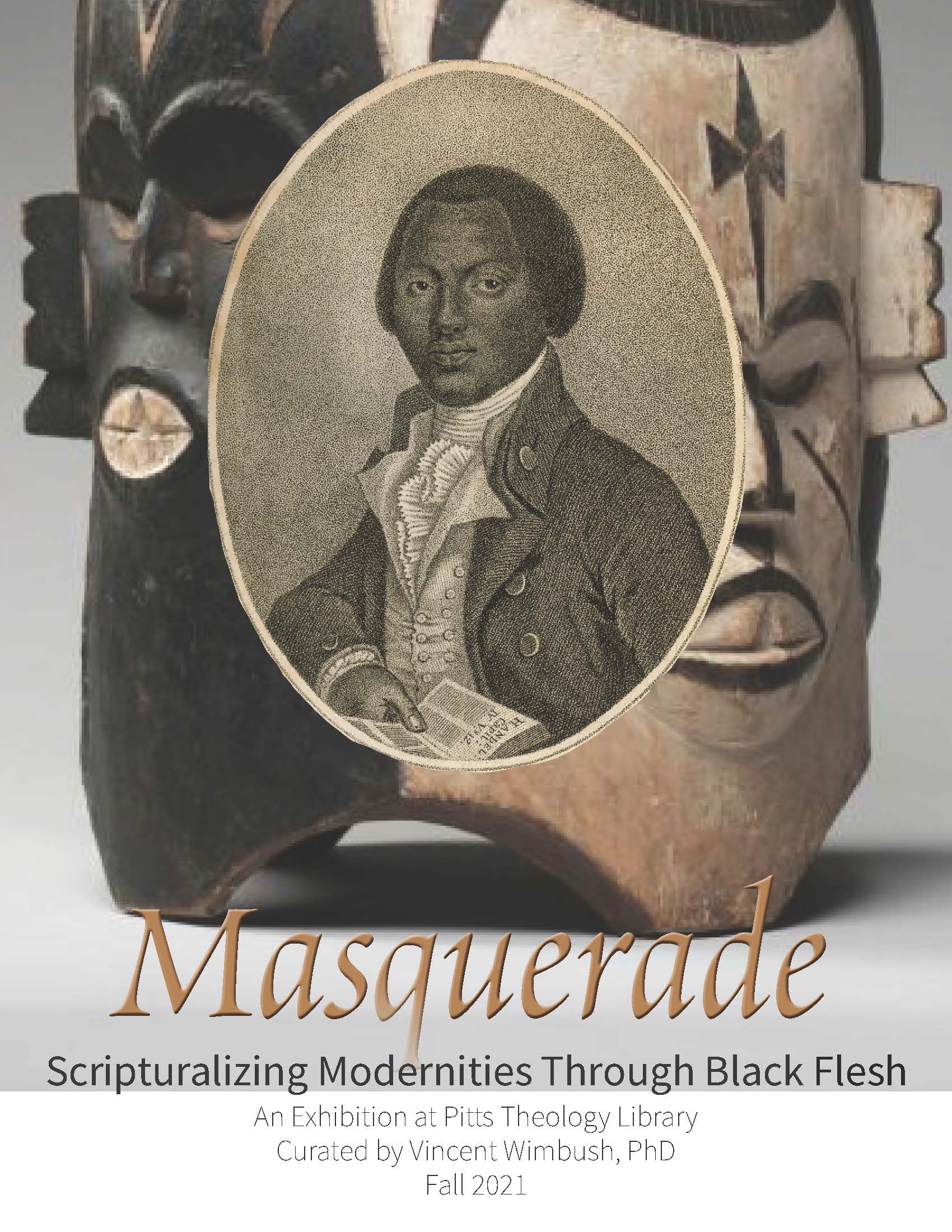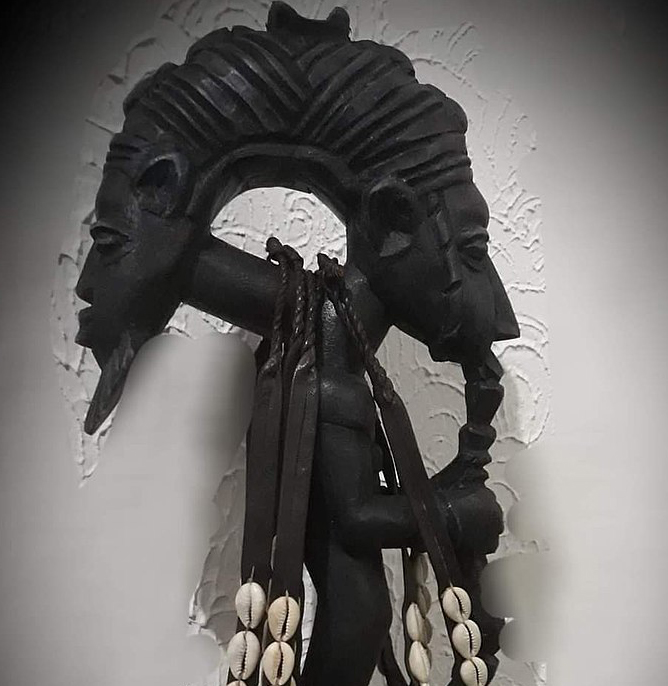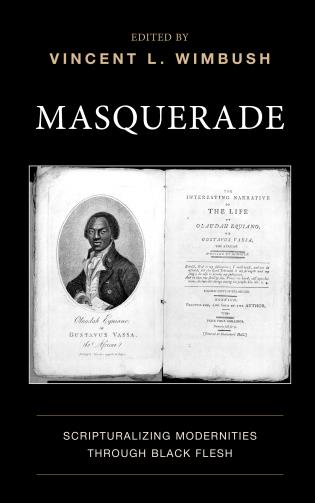
Publish with ISS
April 27, 2021
“Masquerade: Scripturalizing Modernities Through Black Flesh”
August 9, 2021Watch: Conversations on Caste and Race

In 𝘊𝘢𝘴𝘵𝘦: 𝘛𝘩𝘦 𝘖𝘳𝘪𝘨𝘪𝘯𝘴 𝘰𝘧 𝘖𝘶𝘳 𝘋𝘪𝘴𝘤𝘰𝘯𝘵𝘦𝘯𝘵𝘴, Isabel Wilkerson brings together the freighted categories of “race” and “caste” and argues that, while the two are not synonymous, they “can and do coexist in the same culture and serve to reinforce each other.” Wilkerson suggests that racism is the visible manifestation of a hidden and insidious caste system, a system of social domination that uses human differences in order to construct a ranking of human value. “Race, in the United States, is the visible agent of the unseen force of caste. Caste is the bones, race the skin.” Wilkerson examines the “modern-day caste protocols” in the “inner workings of American hierarchy” in which she makes unsettling comparisons between America’s four-hundred-year-old racial hierarchies, India’s three-thousand-year-old caste system, and Nazi Germany’s racializing project of Aryanism.
In this talk Vincent Wimbush interrogates the ways in which the categories of race, caste, hierarchy, and difference coincide, collide, and collude in Wilkerson’s work, reflecting out of his own studies of the ways in which Black communities in the United States have historically negotiated meaning and power through engaging, resisting, and transgressing the sociocultural formations woven around racializing regimes of signification.
Amit Ahuja responds to Wimbush’s talk and reflects on Wilkerson’s work from the perspective of his studies of the processes of inclusion and exclusion at work in caste hierarchies, ethnic politics, and racialized subaltern groups in India.
This discussion was hosted by 𝗕𝗮𝗿𝗯𝗮𝗿𝗮 𝗛𝗼𝗹𝗱𝗿𝗲𝗴𝗲, Professor of Religions Studies, University of California, Santa Barbara.



